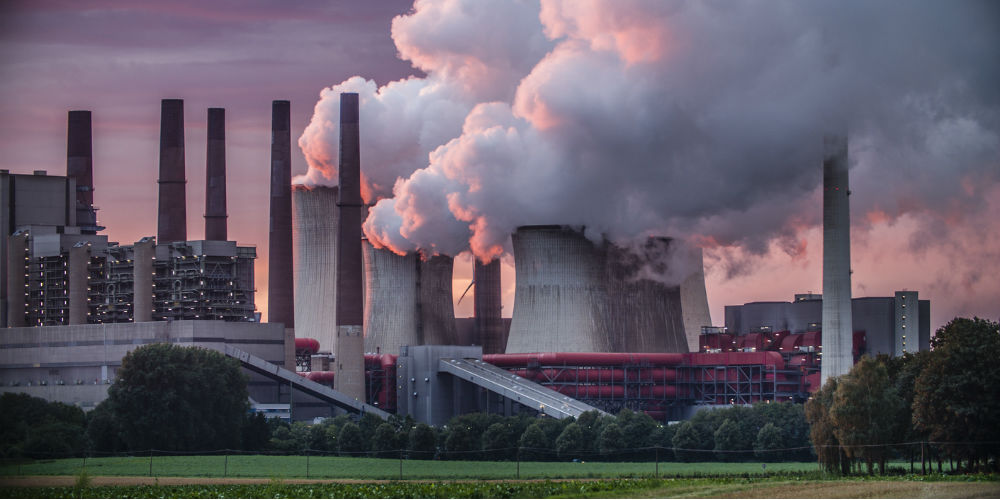A recent report issued by the Intergovernmental Panel on Climate Change, a group assembled by the United Nations to advise world leaders regarding environmental issues, warns that the global consequences of climate change will be more alarmingly immediate than previously thought, according to the New York Times, citing worsening food shortages, wildfires, and mass coral reef die-offs as likely events to occur as early as 2040.
Commissioned in 2015 under the Paris agreement, the report found that the atmosphere could rise 2.7 degrees Fahrenheit (1.5 degrees Celsius) above preindustrial levels by 2040 if greenhouse gas emissions continue to rise at the current rate. Though previous reports have thought 3.7 degrees Fahrenheit was the number to be concerned about, this new report predicts that a 2.7 degree rise will mean encroaching coastlines and severe droughts.
The authors of the report claim that the changes necessary to curb this kind of escalation is possible but unlikely due to the current political climate. High taxes on gas, for instance, would be necessary to put a dent in global emissions. The United States, the world’s largest economy and second-largest greenhouse gas emitter, will probably not be commencing such policies any time soon largely due to the fact that President Trump denounced the concept of human-caused global warming, has been clear about his desire to increase coal-burning, and intends to withdraw from the Paris agreement.
“A price on carbon is central to prompt mitigation,” said the report, estimating the neccessary price to range from $135 to $5,500 per ton of carbon dioxide pollution in 2030, and from $690 to $27,000 per ton by 2100. The Trump administration has lowered the price to about $7 per ton. China, the world’s largest greenhouse gas emitter, has already enacted carbon pricing programs, but Brazil, the seventh-largest greenhouse gas emitter, is on track to elect a president that will withdraw from the Paris accord.
Coal is also an important factor in reducing the effects of climate change, according to Drew Shindell, a climate scientist at Duke University and an author of the report, who explained: “This report makes it clear: There is no way to mitigate climate change without getting rid of coal.” Katie Warrick, The World Coal Association interim chief executive, denounced these claims in a statement, citing the International Energy Agency, a global analysis organization who “continue to see a role for coal for the foreseeable future.”
Facing the dilemma of choosing between rejecting academic science in front of the wjhole world and implicitly renouncing the president’s beliefs on climate change, the United States’ State Department released a statement clarifying, ““acceptance of this report by the panel does not imply endorsement by the United States of the specific findings or underlying contents of the report.” The same statement also repeated their intent to withdraw from the Paris accord.
If you enjoyed this article and want to receive more valuable industry content like this, click here to sign up for our digital newsletters!










Thanks for helping me understand that our country is one of the countries that emit lots of pollution in the world. With that in mind, I will be doing my part to reduce global warming. One thing is that I heard of cars that do not have emission that can be harmful to the environment, so I might change my car to a vehicle like that.